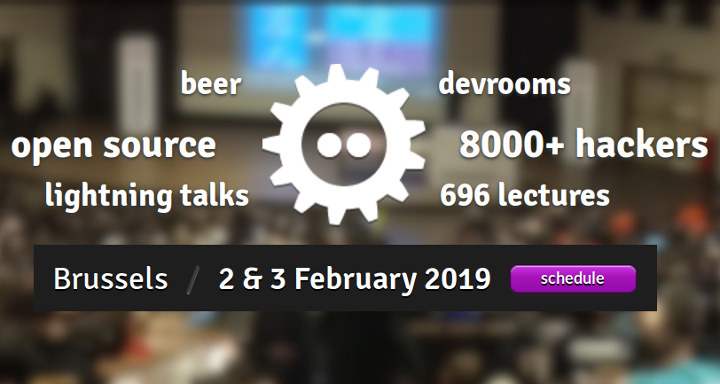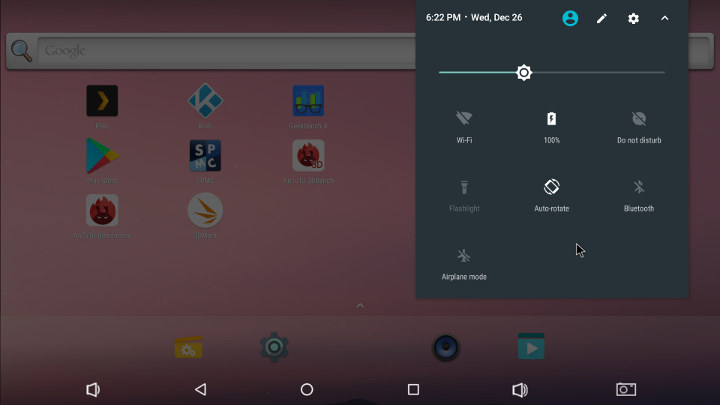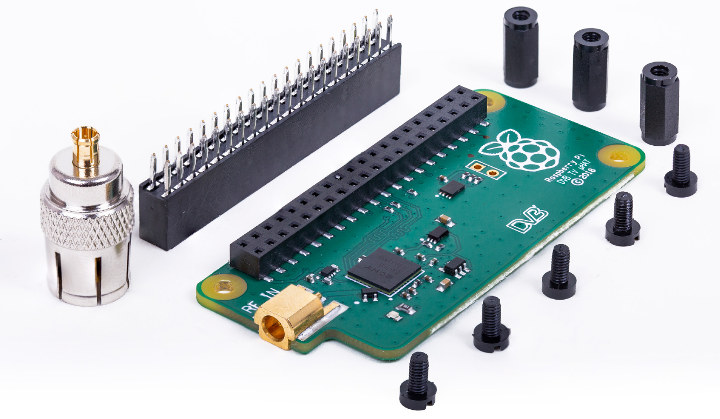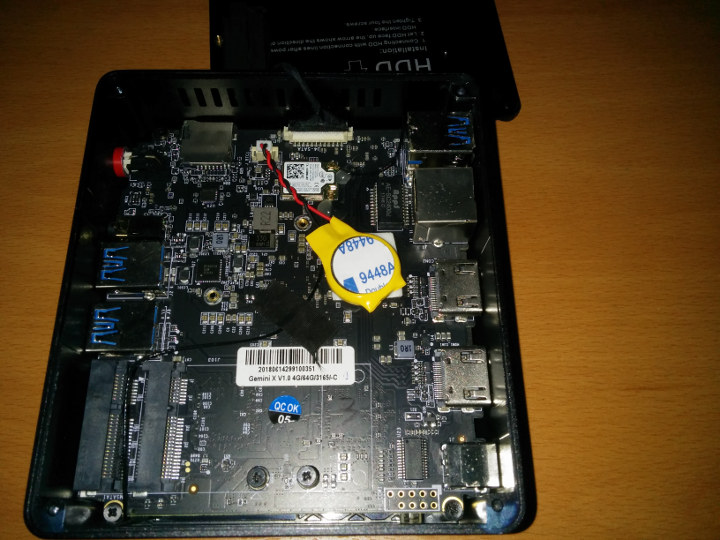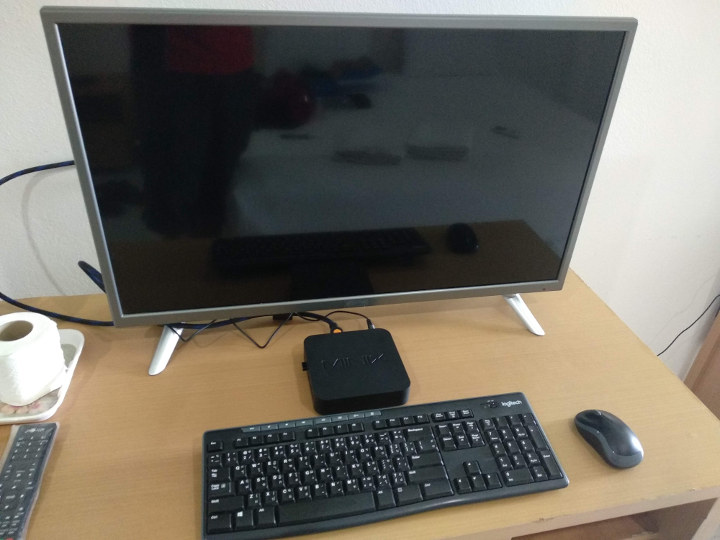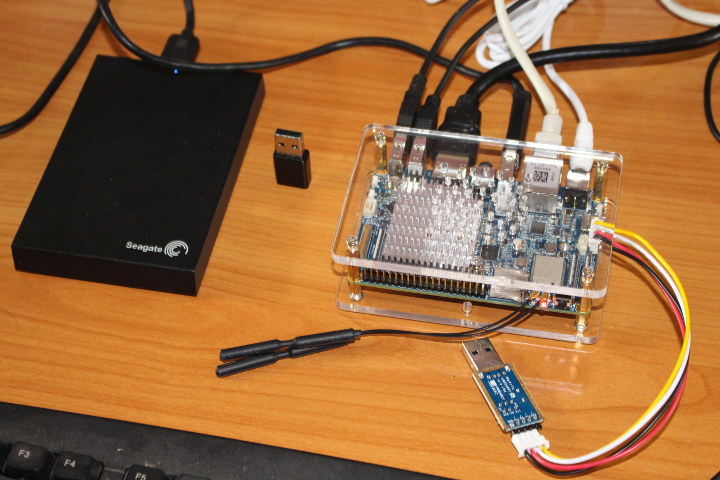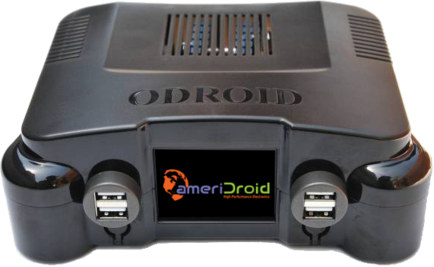As one should have expected based on the abstract of the upcoming Kodi presentation at FOSDEM 2019, Kodi 18 “Leia” has just been released a few days before the 2-day open source developer event. It’s been nearly two years since the release of Kodi 17 “Krypton”, and it took a little longer than initially expected for Kodi 18 to become stable enough for an official since there have been so many changes including half a million lines of code added by 36 open source developers, close to 10,000 commits for almost 9,000 changed files. Some of the improvements in Kodi 18 include: Retroplayer gaming with support for gaming emulators, ROMs and game controls. Digital Rights Management (DRM) decryption support to play subscription content Improved Music Library with better filtering, faster API access, and more Live TV improvements including support for new back-ends like Zattoo, Teleboy, and Sledovanitv.cz, as well as enhanced […]
FOSDEM 2019 Open Source Developers Meeting Schedule
FOSDEM – which stands for Free and Open Source Software Developers’ European Meeting – is a free-to-participate event where developers meet on the first week-end of February to discuss open source software & hardware projects. FOSDEM 2019 will take place on February 2 & 3, and the schedule has already been published with 671 speakers scheduled to speak in 711 events themselves sorted in 62 tracks. Like every year, I’ll create a virtual schedule based on some of the sessions most relevant to this blog in tracks such as open hardware, open media, RISC-V, and hardware enablement tracks. February 2 10:30 – 10:55 – VkRunner: a Vulkan shader test tool by Neil Roberts A presentation of VkRunner which is a tool to help test the compiler in your Vulkan driver using simple high-level scripts. Perhaps the largest part of developing a modern graphics driver revolves around getting the compiler to […]
Khadas Edge Review – Part 3: Android 7.0 Preview
Hey Karl here with a look at a preview of Android on the Khadas edge. Jean-luc has done 2 parts already. The first one looking at the hardware side, and a second looking at Ubuntu. A third img is available that for LibreELEC. The initial release was very barebones, and the 2nd version is much more polished with the Play Store installed now and overall feels snappier. Khadas is supposed to be sending an Edge over to Super Celeron, and I hope they follow through. DHL DHL really messed up my board. Here are some pics. I will only be testing with Ethernet because the WiFi antenna got damaged badly and even bent the heatsink. I think the board is slightly damaged as well. I can only flash using the buttons on the board and not the carrier board. Everything else seems OK. Due to the damage, I am using […]
Raspberry Pi TV HAT Adds a DVB-T2 Tuner to Raspberry Pi Boards
The Raspberry Pi foundation has just launched another official HAT for their maker boards with the Raspberry Pi TV HAT based on Raspberry Pi Zero form factor, and is equipped a DVB-T2/T tuner in order to convert your board into a Linux based digital TV receiver and recorder. Raspberry Pi TV HAT specifications: Sony CXD2880 TV tuner Supported TV standards DVB-T2 (1.7MHz, 5MHz, 6MHz, 7MHz, 8MHz channel bandwidth DVB-T (5MHz, 6MHz, 7MHz, 8MHz channel bandwidth) Reception frequency: VHF III, UHF IV, UHF V RF coaxial input for antenna connection RPi Interface – 40-pin RPi header Dimensions – 65 x 30 mm (half-size HAT) Operating temperature – 0–50°C The Raspberry Pi TV HAT is also known as the Raspberry Pi DVB TV μHAT based on the markings on the board’s silkscreen. The add-on boards follows a new HAT specification called the “half-size HAT” matching Raspberry Pi Zero board’s dimensions. Instructions to use […]
Beelink X45 Mini PC Review with Windows 10 and Ubuntu 16.04/18.04
The Beelink X45 mini PC is now available, and Lightinthebox.com have provided a unit for review. It is very similar in style to Intel’s latest NUC Windows mini PC, the NUC7CJYSAL reviewed earlier. However it contains an Intel Celeron Processor J4105 SoC which is a quad core processor bursting up to 2.50 GHz together with the Intel UHD Graphics 600 processor that is capable of 4K support at 60Hz. It is physically small consisting of an approximately 4.5″ by 4” case about 1¾” tall with a front panel that includes the power button and a couple of USB ports and a headphone jack with the rest of the ports including two HDMI (2.0) ones at the rear: The specifications include: A key point to note is the Beelink X45 comes with 64GB eMMC with pre-installed Windows 10 Home together with 4GB DDR4 RAM (soldered and is non-expandable) with space and […]
MINIX NEO J50C-4 Mini PC Review – Part 2: Windows 10 Pro
Intel Gemini Lake processors and associated have been products available for several months, and although I’ve published several Gemini Lake reviews, those were courtesy of Linuxium, which means MINIX NEO J50C-4 is my very first Gemini Lake mini PC. We’ve already looked at the hardware and accessories in MINIX NEO J50C-4 Pentium J5005 Mini PC Review – Part 1: Unboxing, Windows Remote, M.2 SSD, and Teardown, and focused on MINIX NEO W2 remote control in a separate review post. So in the second part of the review, I’ll focus on my experience with Windows 10 Pro, before likely publishing a third part about Ubuntu / Linux in a few weeks. Initial Setup, BIOS, and Booting MINIX NEO J50C-4 from the M.2 SSD The review will be a little different than usual since I’m on the road, and as a result I did not take all my accessories with me to […]
NanoPC-T4 Review with Android 7.1 Firmware
NanoPC-T4 is one of the many Rockchip RK3399 SBCs now available, and as we’ve seen in the “unboxing review” the company sent me two samples. So far, I’ve been reviewing RK3399 boards with Linux distributions in posts such as “Checking Out Debian and Linux SDK for VideoStrong VS-RD-RK3399 Board” and more recently “AIO-3399J Development Board Review with Ubuntu 16.04“. But in this NanoPC-T4 review, I’ll switch to Android, specifically Android 7.1, as I’ll soon try Android 8.1 on Firefly-RK3399 which might make for an interesting comparison between the two versions of the OS, before switching to Linux with Pine64 RockPro64 board which I received yesterday. First Boot with NanoPC-T4 Development Board I had already assembled the board in the first part of the review, so I just added the two WiFi antennas, the optional USB to serial debug board, and connected various accessories and cables from left to right: USB […]
XU4Q Retro Gaming System Runs ODROID GameStation Turbo, Sells for $150 and Up
One of the use case for little Arm Linux boards is retro gaming thanks to open source projects like RetroPie, RetrOrangePi, Lakka, and others. To get a complete & usable system, it’s possible to purchase console kits, enclosures, or even complete game consoles running one of such emulators. This morning I’ve come accross another option, as Ameridroid is now taking pre-order for XU4Q Retro Gaming System for $149.95 and up. As it name implies, the console is based on ODROID-XU4Q, the fanless version of ODROID-XU4 board, which with its Exynos 5422 octa-core processor and 2GB RAM will be much more powerful than Raspberry Pi 3 boards, and most other boards on the market. The kit also includes OGST Gaming Console, GameSir G3w analog joystick controller, a power supply, and a 16GB microSD boot media flashed with ODROID Game Station Turbo based on Debian. If you already own an ODROID-XU4(Q) board, […]



